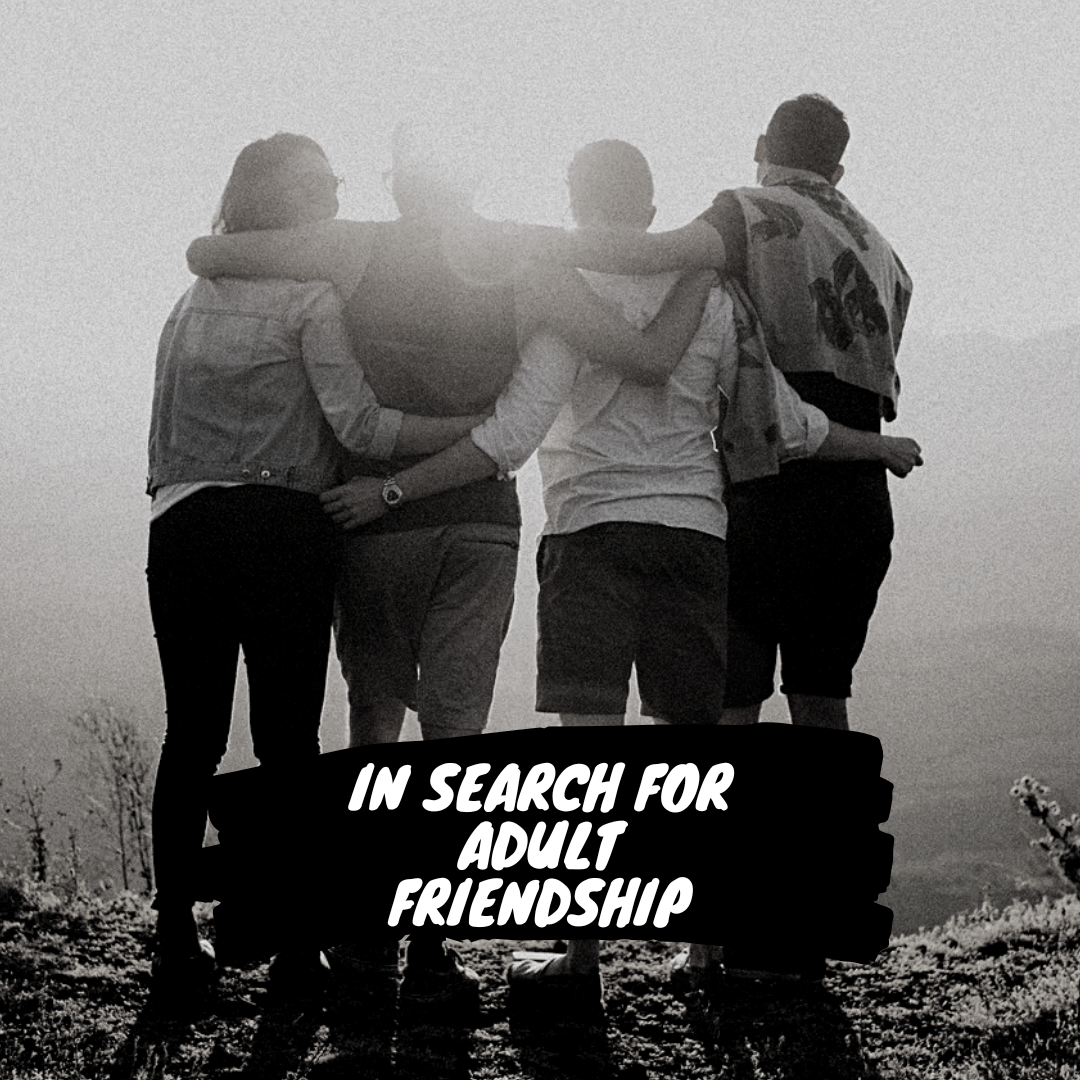How to Make Friends as an Adult: Proven Strategies to Beat Loneliness and Build Lasting Connections

How to Make Friends as an Adult: 7 Therapist-Backed Strategies to Beat Loneliness
Reading time: about 8 minutes
Why Adult Friendship Feels Harder Than Ever
When clients tell me “I have nobody to grab coffee with on Sunday”, the sentence lands like a heavy thud. We live in an era of hyper-connection—yet many of us secretly Google how to make friends as an adult because DMs and “likes” don’t turn into soup deliveries when we’re sick.
Work relocations, packed calendars and algorithmic news-feeds create the illusion of a million buddies while real-world loneliness quietly rivals smoking in its impact on health (PLOS Medicine, 2015).¹ Add a global pandemic, remote work and shrinking neighbourhoods, and the friendship muscle atrophies from lack of use.
Self-Doubts That Sabotage New Connections
Most adults do try—then a storm of inner commentary shuts the attempt down:
- “I’m being pushy or needy.”
- “Everyone’s life is already full.”
- “I’m single; they’re juggling babies and partners.”
- “I’m awkward / shy / talk too much.”
- “People have picked their friends already.”
If these voices sound familiar, individual or couple therapy—online or in person—can teach you customised tools to quiet them (BeyondBleu Individual Therapy).
7 Evidence-Based Steps to Turn Acquaintances into Friends
Below is a therapist-designed roadmap. Use one step each week, and you’ll see momentum within a month.
1. Audit What You Already Bring
Instead of “What do I lack?” list three friendship strengths—humour, loyalty, obscure film knowledge, etc. Research shows grounded self-esteem makes you 2× more likely to initiate conversation.²
2. Replace the Job Question
Start with “What’s your unofficial résumé?” People light up when invited to share side-projects and passions.
3. Practise Active Listening
Echo the gist of what you heard: “So you moved to Tokyo because you love street photography—did I get that right?” Validation activates the brain’s social-bonding circuitry.
4. Use Permission-Based Curiosity
Follow up with: “Not sure if you’re comfortable sharing, but I’d love to hear…” This signals respect while deepening dialogue.
5. Trade Meaningful Stories Early
“I went through something similar” opens the door to vulnerability—essential glue for adult friendship.
6. Prioritise Fun, Not Just Depth
A 2023 University of Kansas study found shared laughter predicts closeness better than personal disclosure. Plan mini-adventures—karaoke, pottery, a 5 km charity walk.
7. Ask for Help (Yes, Really)
Humans bond through mutual aid. Small requests—borrowing a charger, asking for a local café tip—create “pro-recipient” feelings in the helper and fast-track trust.
Micro-habit calendar: text one potential friend every Friday; organise something low-key (coffee, lunchtime walk) every second Tuesday; review wins on Sunday night.
Digital Tools That Actually Work
- com hosts interest-based groups worldwide—hiking in Hokkaido, UX brunches in Berlin.
- Bumble For Friends focuses on platonic swipes; filter by shared hobbies.
- Expats Tokyo Facebook Group (or your city equivalent) remains underrated for micro-gatherings.
Mix online scouting with offline consistency. Loneliness scholar Prof. Julianne Holt-Lunstad notes that frequency of contact predicts emotional safety more than group size.³
Friendship Maintenance: The 3-60-90 Rule
- 3 days – send a quick thank-you or meme after meeting someone new.
- 60 days – schedule a second, slightly longer hang-out.
- 90 days – integrate them into an existing ritual (book club, monthly ramen crawl).
Relationships are living organisms; consistent oxygen keeps them alive.
When to Seek Professional Help
If the phrase how to make friends as an adult triggers panic, shame or social-avoidance that hurts work and intimacy, therapy accelerates change. At BeyondBleu Psychotherapy & Consulting we offer:
- Online sessions—HIPAA-grade video from any time-zone.
- In-person therapy—private Ginza suite with concierge-level discretion.
- Group intensives—for clients who prefer guided social-skills labs (wait-list: join via contact form).
Couples working on shared social networks can explore our Gottman-based retreats (Couples page).
Friendship Is a Daily Practice—Start Today
Learning how to make friends as an adult is less about charisma and more about repeated, value-driven action. Begin with one micro-habit, track your progress, and let the compound interest of connection transform loneliness into belonging.
Need Personalised Guidance?
If you’re ready to build meaningful, lasting relationships—whether you’re a university student, busy parent or C-suite executive—BeyondBleu Psychotherapy & Consulting can help. Book a confidential online or in-person session today and reclaim the community you deserve.
References
- Holt-Lunstad, J. et al. (2015). Loneliness and Social Isolation as Risk Factors… PLOS Medicine.
- University of Maryland, Self-Esteem & Social Approach Study, 2021.
- Harvard Study of Adult Development, Ongoing since 1938 — see overview here.
Beyondbleu.com offers secure online and in-person counseling for clients worldwide. Book a session or email us at info@beyondbleu.com to start building the connections you deserve.
